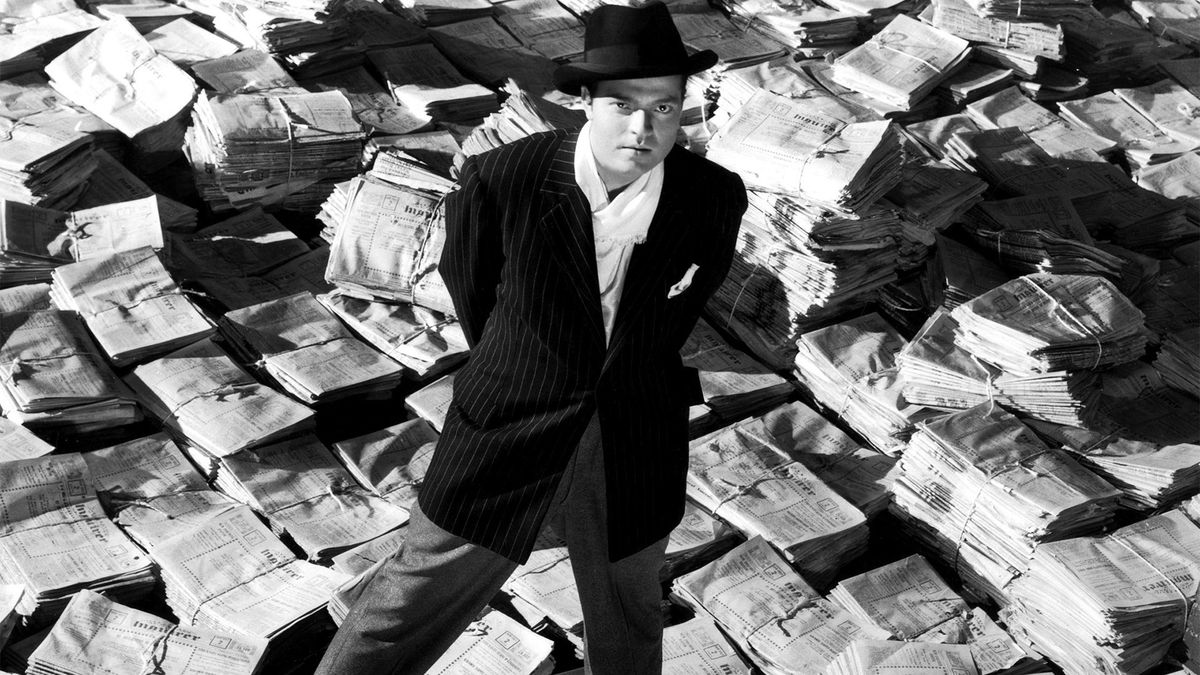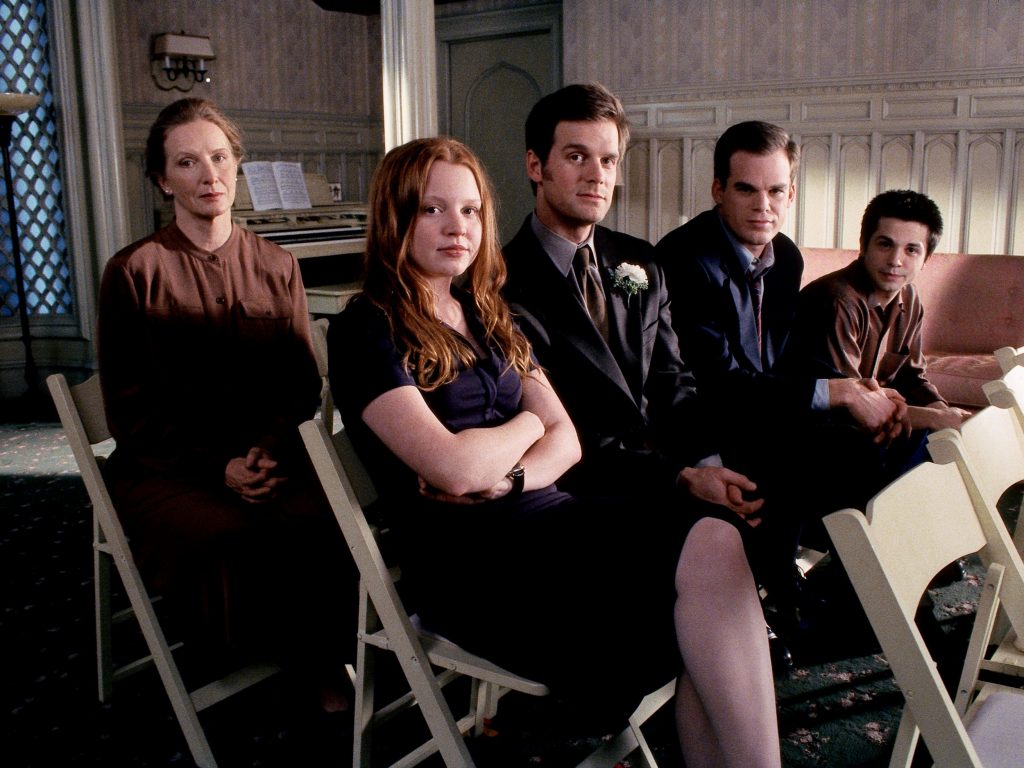By Darren Johnson
Campus News
You may be wondering if you should tackle “Citizen Kane,” the 1941 Orson Welles movie that regularly makes critics’ top movies lists, often coming in at No. 1.
There are roadblocks for today’s modern viewers. Foremost, it’s in black and white. Many people under 40 feel they just can’t handle that (you can). Second, it’s not on any of the streaming services unless you’re willing to pay a little extra. I suggest regularly scanning your cable guide grid and setting a DVR to record it. Turner Classic Movies recently had it on commercial free, and I was able to grab it. As well, this movie requires focus – no checking your phone during it. Just watch the screen, listen intently. Last, one does need to know a little bit of 20th century history to fully appreciate this film. It’s based on the newspapers – and often yellow journalism – of those times. You, dear reader, may not remember much of that century. Perhaps Google “William Randolph Hearst,” whose story inspired this tale.
But this preparation is worth it.
“Citizen Kane” is a movie that’s more like a great book. One turns the last page – or as the credits roll, in this case – and is left wondering, what just happened? Emotions are stirred. You’re not quite sure why, though. Is it that you really care about these characters, or did this work of art convey something about you? You may ruminate about this for days after viewing.
First off, let me say, Orson Welles was an envelope-pushing genius – he a staged an all-black Broadway production of “MacBeth” in 1936 at the age of 20; then, just two years later, adapted HG Wells “War of the Worlds” for the radio – but he performed it in a first-person, real-time style – listeners really thought aliens had invaded the US and it created a national panic. Heart attacks and suicides were reported. Now, here we are in 1941, and he’s making this all-time great film. What a trajectory.
Sadly, at the end, Welles ended up broken, obese and a drinker, shilling cheap wine in TV ads. But let’s forget all that. Let’s celebrate glorious Welles in the movie he co-wrote (with Herman J. Mankiewicz), starred in and directed. Though perhaps Charles Foster Kane’s life mirrors what happened to Welles, a bit, where idealism and energy and good ideas turn into compromise after compromise – where one doesn’t even recognize oneself in the mirror anymore. With “Citizen Kane” we have the story of longing and regret. Heavy topics for a film, for sure.
Welles tells us the whole story of what we’re about to see in the first 10 minutes of the film through a series of news reels. In that era, short news items were filmed and played in movie theaters before films. We quickly learn that Kane is dead, about his upbringing, his run for governor, his divorce, his media empire’s rise and fall and his palatial estate. So why go on with this movie? Because there was something said. A reporter learns Kane’s last word, before he died, was “Rosebud.” So he goes on a mission to figure out what this means, interviewing all of the aging and broken people Kane had met along the way.
If you allow yourself to get this far into the film – without allowing yourself to be distracted by a smartphone or whatever (again, turn it off) – you will be hooked. Each character, each word, each camera angle is so carefully chosen. It was groundbreaking for its era and still is today. Why can’t we have more movies like this in our century, and fewer super-hero movies?







Facebook Comments